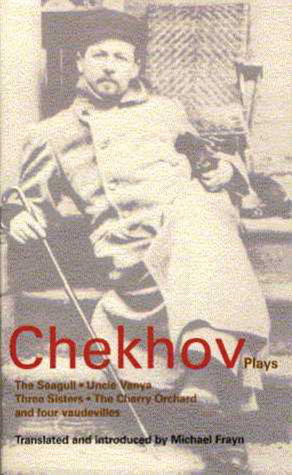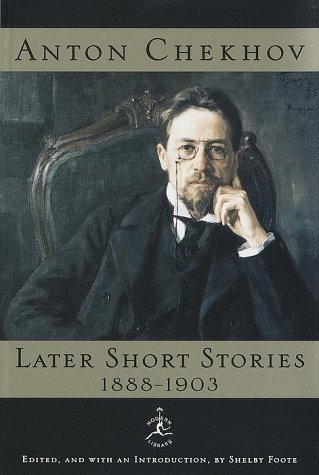
The Complete Short Novels
Book Description
A shadow lurks in the quiet lives of Chekhov's characters, where mundane moments are punctuated by the weight of unspoken desires and haunting regrets. Each short novel unfolds a tapestry of human complexity, illuminating the fragile threads that bind love, ambition, and despair. From a chance encounter to a silent farewell, emotions collide in strikingly vivid scenes that resonate long after the final page. What happens when the heart's deepest yearning confronts harsh reality? Discover the power of Chekhov’s masterful storytelling, where every character carries a secret—and the stakes have never been higher. Are you ready to delve into their world?
Quick Book Summary
"The Complete Short Novels" by Anton Chekhov brings together some of the master Russian writer’s most evocative works, set against the haunting landscapes of late 19th-century Russia. Chekhov excels at exploring the undercurrents of ordinary life, peeling back serene façades to reveal the emotional conflicts and silent yearnings of his characters. Each story immerses the reader in moments filled with unresolved tensions, subtle disappointments, and the ache of unattainable desires. Love, ambition, regret, and resignation weave seamlessly through tales where the simple acts—an unspoken goodbye, a fleeting glance—carry profound significance. Chekhov's understated, yet poignant prose exposes the fragility of dreams and the complexity of human motivation, casting a long, resonant shadow that lingers well after the last page is turned. These novellas are a testament to the enduring power of empathy, intimate storytelling, and the aching beauty within everyday life.
Summary of Key Ideas
Table of Contents
The Dissonance Between Dreams and Reality
Chekhov’s short novels are a meditation on the chasm between desire and reality. Characters often nurse secret dreams—of escape, romance, or achievement—only to find themselves hemmed in by unyielding circumstances. Whether it’s a clerk yearning for deliverance from provincial monotony, or a woman entangled in a passion that is doomed by societal barriers, Chekhov’s protagonists wrestle with ambitions that remain tantalizingly out of reach. Through these struggles, Chekhov exposes the vulnerability inherent in human aspiration and the subtle agony of acceptance.
Emotional Isolation and Communication
A hallmark of Chekhov’s work is his focus on emotional distance. Relationships—between lovers, family members, or acquaintances—are marked by an inability to express true feelings. Subtext, half-finished sentences, and resigned silences define interactions. This emotional isolation underscores the profound loneliness that haunts even the closest connections. Moments that could bridge divides instead deepen them, as characters retreat behind polite facades or habitual restraint.
The Passage of Time and Lost Opportunities
Time flows inexorably in Chekhov’s world, and his characters are keenly aware of its passage. Missed opportunities, wasted youth, and the inevitability of decline are recurrent motifs. Young ideals soften into middle-aged resignation as ambitions dwindle and what might have been recedes into memory. In confronting these inexorable changes, Chekhov’s protagonists often confront a bittersweet realization: the past, once lost, can never truly be regained, and the future holds little remedy for regrets.
The Fragility of Human Relationships
Human relationships, tender yet tenuous, occupy the heart of these stories. Chekhov portrays love as fleeting, familial ties as fraught, and friendships as precarious. A single misunderstanding or rash choice can unravel connections built over years. The smallest of gestures—a forgotten letter, a misinterpreted glance—can shift the course of lives. Yet within this fragility also lies the capacity for kindness, understanding, and fleeting moments of grace that punctuate the generally somber tone.
The Persistence of Regret and Longing
Regret and longing form the undercurrent of many narratives. Characters revisit decisions, haunted by what might have been. Memories linger as both solace and torment, blurring the line between hope and despair. Chekhov’s gift lies in his ability to evoke these emotions with subtlety—conveying the depths of heartache through an offhand remark or a silent moment. In doing so, he crafts stories whose resonance endures long after their quiet conclusions.
Download This Summary
Get a free PDF of this summary instantly — no email required.





